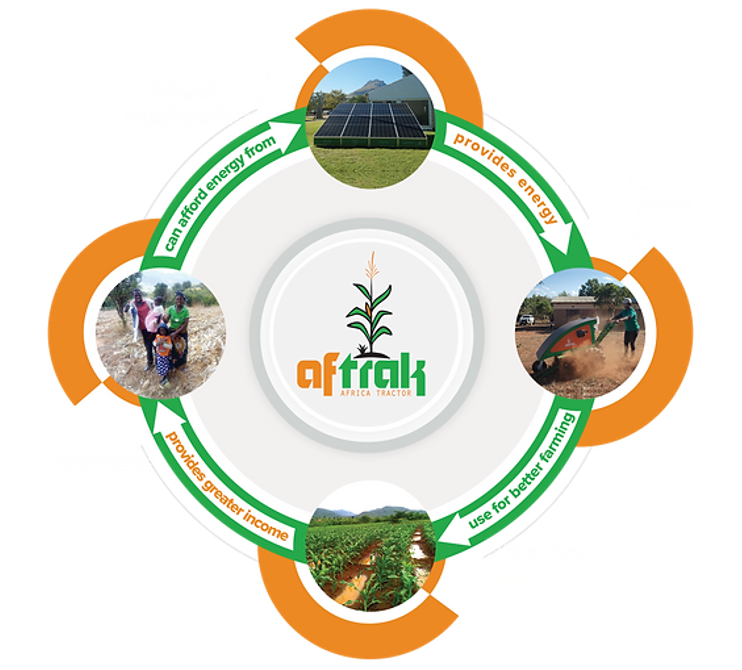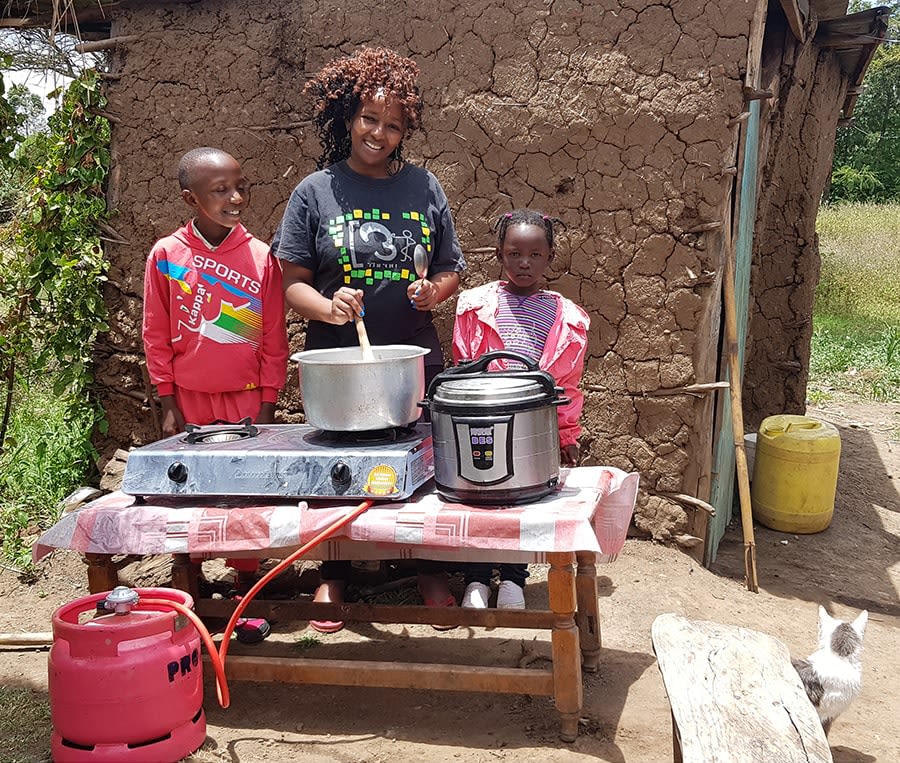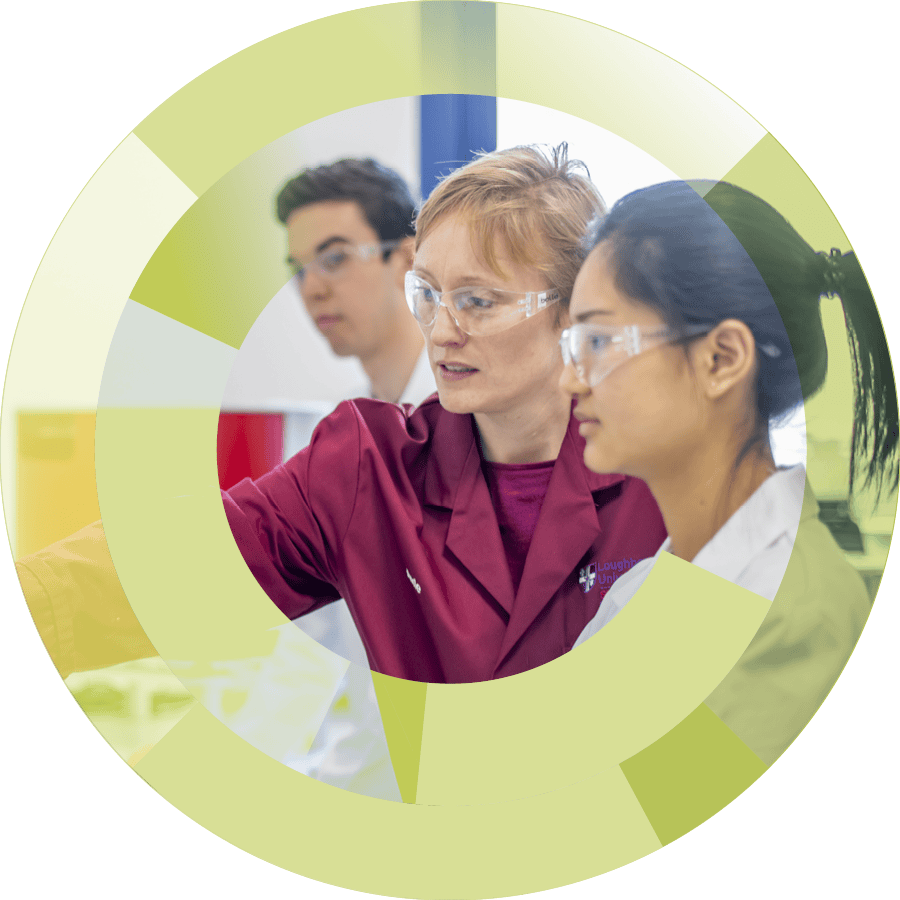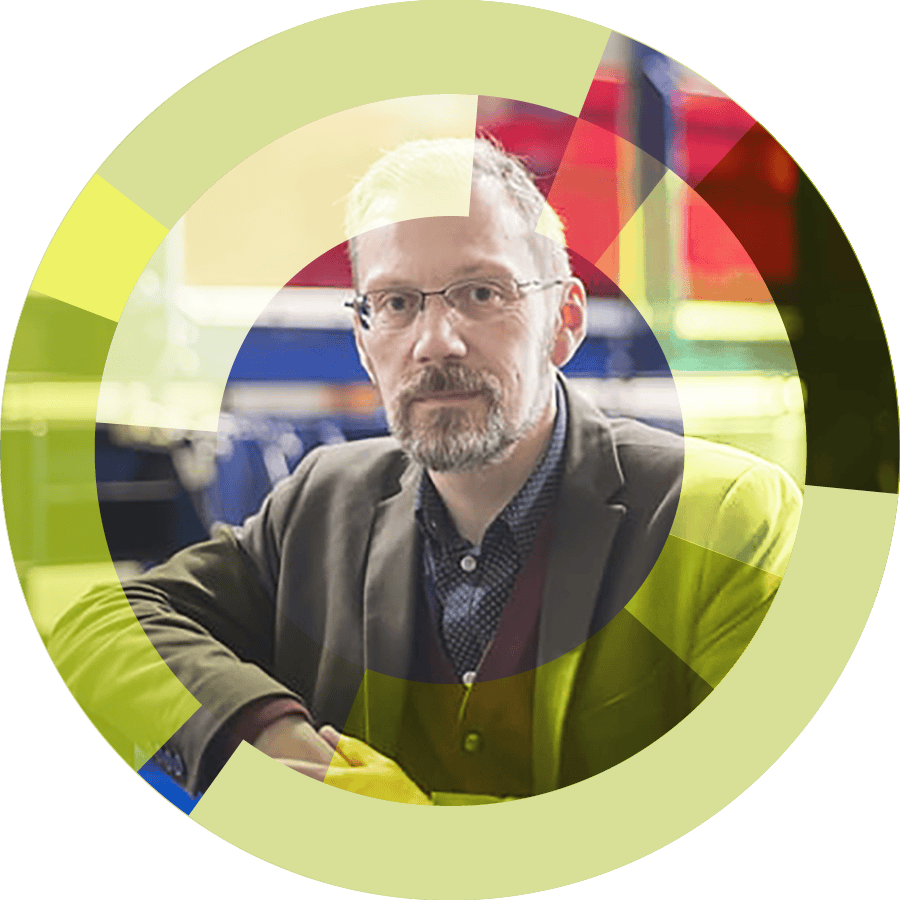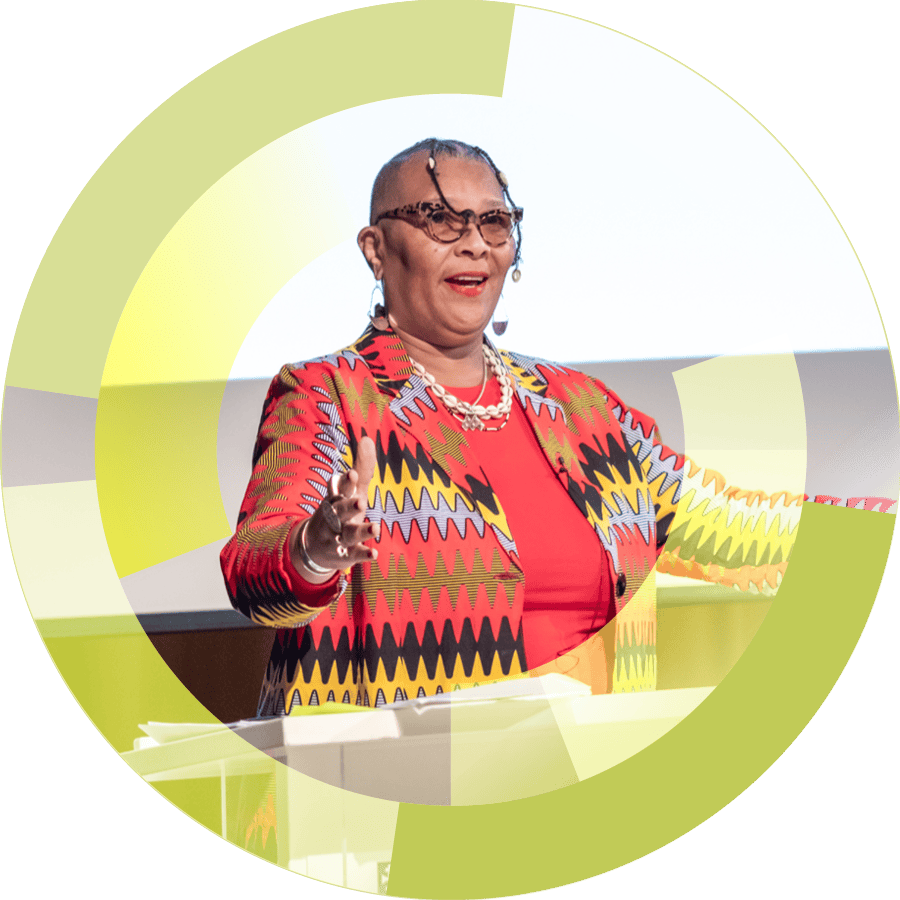DECARBONISING THE MODERN WORLD.
Global warming is a crisis that impacts everyone, everywhere.
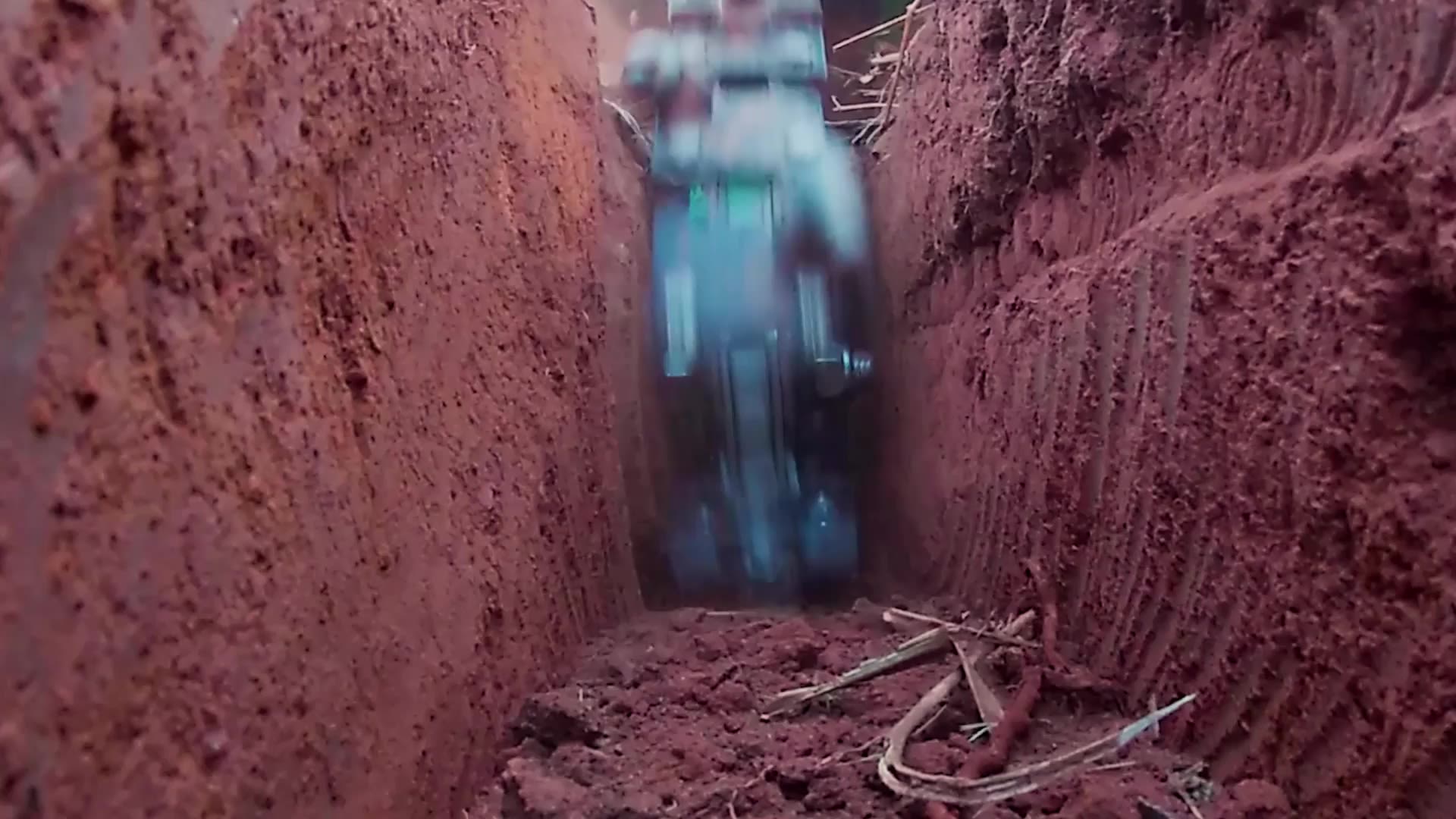
In a bid for change, we are exploring ways of reducing greenhouse gas (GHG) emissions by pioneering the research and innovation that will power a more sustainable world.
HOW CAN AGRICULTURE BE MORE SUSTAINABLE?
Sustainable agriculture for food security and energy access.
Aftrak is a groundbreaking initiative that combines modular solar microgrids and micro electric tractors to empower smallholder farmers across Sub-Saharan Africa.
The unique system has the potential to help farmers across Africa to access green energy and to grow sufficient, nutritious food, addressing several of the UN’s climate change agenda and sustainable development goals .
The solution is a self-sustaining model for decentralised energy access.
"In Malawi farmers cannot access the staples of modern life such as refrigeration and lighting without access to electricity. A luxury only 11% of the population benefit from. We have developed a self-sufficient solar micro electric tractor, increasing crop yields, profitability and the continued purchase of electricity for sustainable farming practices.”
Dr Jonathan Wilson
Aftrak project lead

Aftrak is currently raising investment to deploy its innovative technology across Malawi where
89% of the population lives without electricity access.
Aftrak’s competitive pricing and scalable design increases accessibility, contributing to World Bank goals of providing electricity to
380 million people in Africa by 2030.
Aftrak is currently raising investment to deploy its innovative technology across Malawi where
89% of the population lives without electricity access.
Aftrak’s competitive pricing and scalable design increases accessibility, contributing to World Bank goals of providing electricity to
380 million people in Africa by 2030.
Aftrak's aim is to significantly increase crop yields and smallholder incomes while providing sustainable access to clean electricity in rural communities. By significantly lowering the physical barriers to the adoption of sustainable farming practices, Aftrak offers the potential for:
3x increased crop yield
12x increased income
15-45% increased food security
In May 2024, Aftrak was named the $1 million Grand Prize winner of the Milken-Motsepe Prize in Green Energy and its cost-effective technology for sustainable food production is set to benefit the communities that most need it.
HOW IS OFF-GRID COOKING AFFECTING COMMUNITIES?
"Smoke from traditional cooking causes the death of millions of people each year, encourages deforestation and is contributing towards global warming. It is time we modernise energy cooking services."
Dr Richard Blanchard
Reader in Renewable Energy
Our Modern Energy Cooking Services programme (MECS), led by Professor Ed Brown, is at the forefront of the transition from traditional polluting fuels - such as coal and wood - to clean, electric cooking.
Working in partnership with the World Bank, we’re delivering crucial research that’s shaping government policy and shifting the narrative around clean cooking interventions.
By modernising energy cooking services, from biomass to clean alternatives, we’re improving lives and opportunities for millions of people while also reducing the impacts of global warming.

IS THE INTERNET SUSTAINABLE?
Digital decarbonisation to reduce digital carbon emissions.
Many of us are unaware that digital technology is not carbon neutral but consumes vast quantities of energy.
Research led by Professors Tom Jackson and Ian Hodgkinson revealed that the impact of digitisation across the planet is accelerating far more quickly than preventative digital sustainability measures can cope with, contributing to our growing digital carbon footprint.
The problem is exacerbated by the huge amount of unused or obsolete data held by organisations. This overwhelming volume of digital material exceeds processing capabilities, leading to the growing reliance on energy-intensive AI processing technologies.
Recognised as the pioneers of digital decarbonisation by the World Economic Forum in 2022, we are:
- Helping governments, businesses and organisations to minimise GHG emissions by adopting best practices in optimising how data is generated, processed, and stored.
- Reshaping industries and governments globally through key initiatives in AI development and deployment, digital infrastructure, digital sustainability and policy impact. We have been central in moving the world from fragmented discussions on AI energy use to a coordinated global agenda that treats AI efficiency, climate impact, and economic competitiveness as inseparable.
Professors Jackson and Hodgkinson are leading the digital decarbonisation agenda, pushing the boundaries of digital sustainability and helping provide solutions to reduce the global digital carbon footprint, that will shape how countries govern AI for at least the next decade.
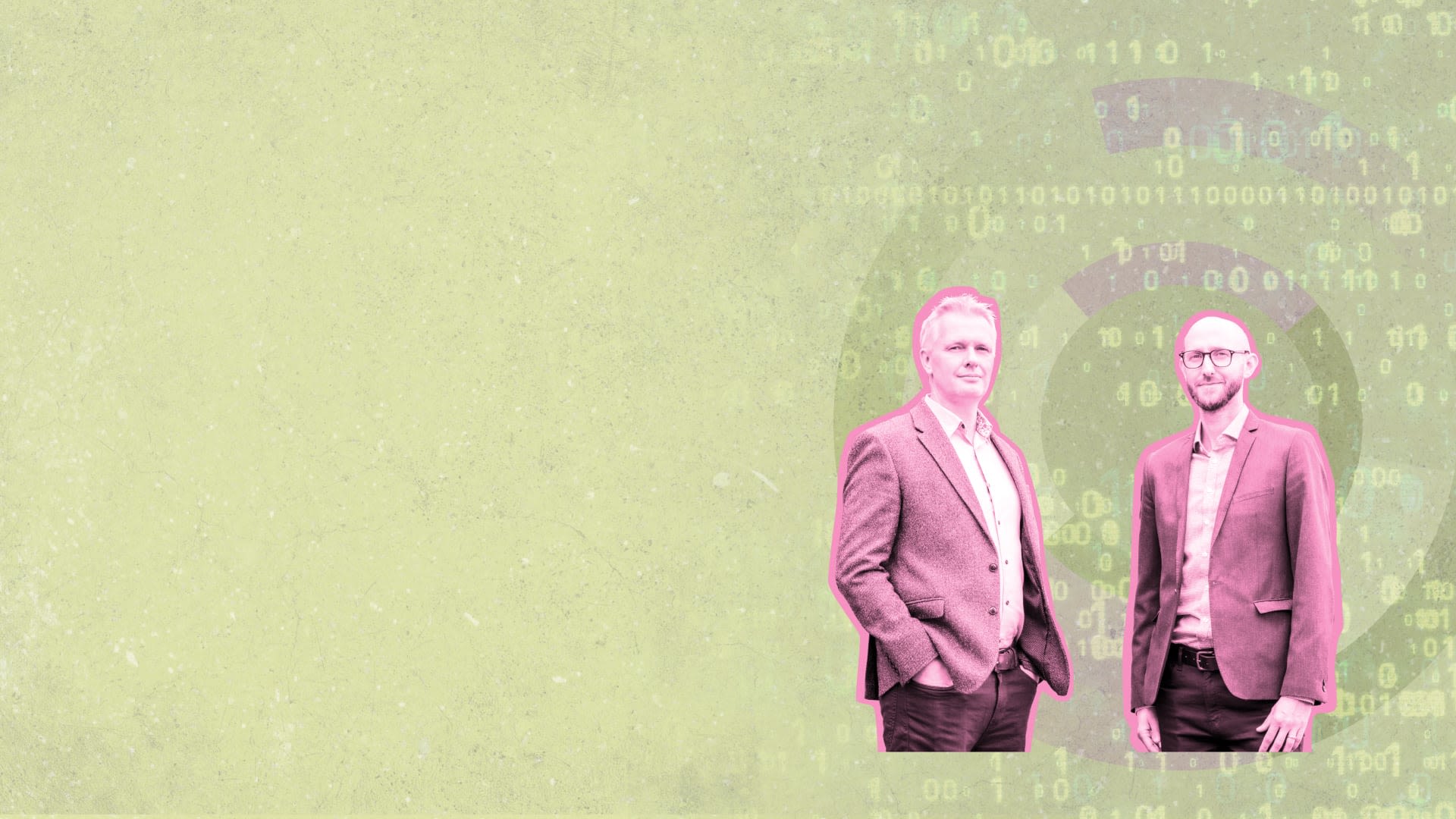
CAN WE CREATE ENERGY FROM WASTE?
According to the World Bank, an estimated 2.3 billion people rely on inefficient stoves and highly polluting traditional solid fuels for cooking, including firewood and charcoal, leading to household air pollution that causes 3.2 million deaths annually.
Expanding access to clean bioenergy has never been more crucial for improving environmental and health outcomes, especially in low—and middle-income countries in sub-Saharan Africa.
Funded by the Royal Academy of Engineering and led by Dr Sola Afolabi, we have developed a next-generation waste valorisation system that produces clean multiple energy from agricultural and food waste.
This novel bioenergy solution features a closed-loop system that reduces greenhouse gas emissions associated with current forms of waste disposal and produces clean, sustainable biofuels, specifically biogas and hydrochar, for a wide range of energy applications.
“I believe that finding imaginative ways to convert waste into sustainable bioenergy could really improve economic, health and environmental outcomes, particularly in low- and middle-income countries.”
Dr Oluwasola Afolabi


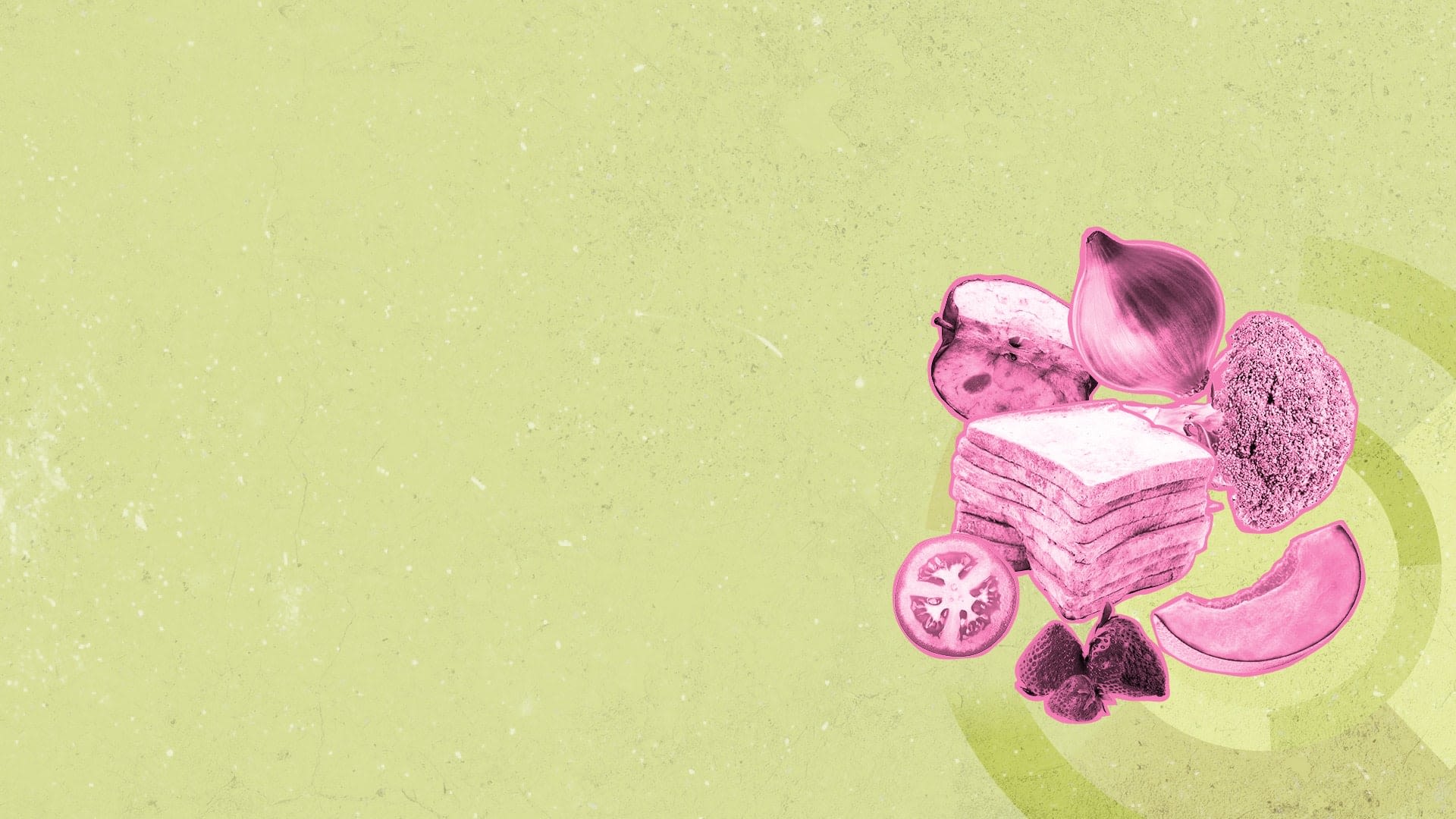
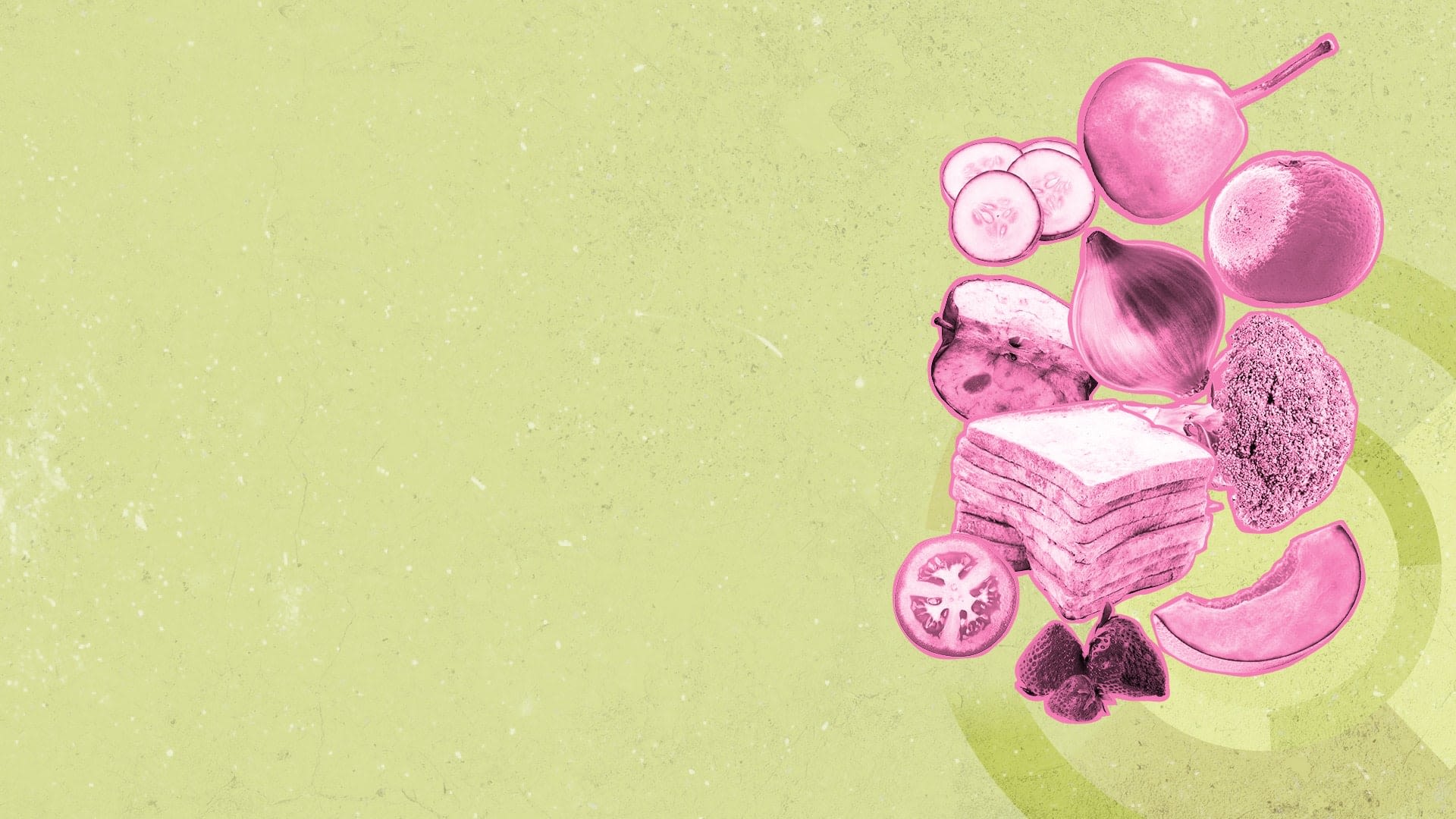
At Loughborough University, we are determined to decarbonise our planet, produce renewable energy and empower communities by leading pioneering research and innovation in pursuit of a cleaner, more sustainable world.
BECAUSE THE WORLD CAN'T WAIT.
NEITHER SHOULD YOU.


